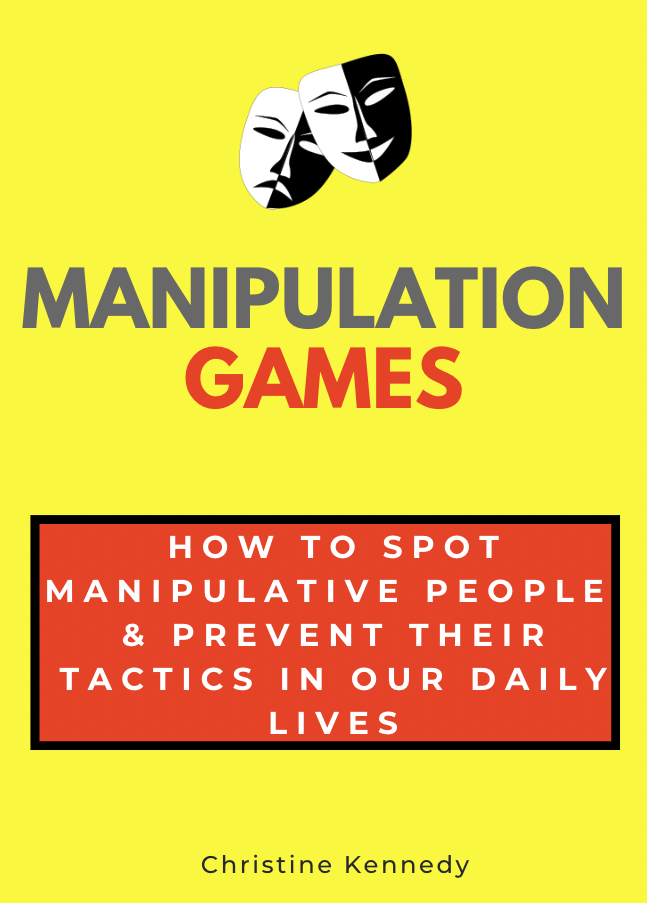Christine Kennedy’s Manipulation Games: How to Spot Manipulative People & Prevent Their Tactics in Our Daily Lives is an insightful guide to understanding and countering manipulative behaviors. The book goes into various manipulation tactics, such as gaslighting, emotional blackmail, and love bombing, providing readers with the tools to recognize these behaviors and protect themselves. Kennedy’s work is rooted in psychological theories and real-life examples, making it both educational and practical. The book is structured to help readers identify manipulation, understand the psychology behind it, and implement strategies to resist it.
Strengths
One of the key strengths of Manipulation Games is its thorough exploration of manipulative tactics. Kennedy breaks down complex psychological concepts into accessible language, making it easy for readers to grasp the underlying motives and behaviors of manipulators. The book covers a wide range of topics, from personal relationships to workplace dynamics, ensuring that readers can apply the information in various aspects of their lives.
The practical strategies offered in the book are another significant strength. Kennedy doesn’t just identify the problem; she provides actionable steps for setting boundaries, improving communication, and building emotional resilience. These strategies are designed to empower readers, helping them to maintain their integrity and well-being in the face of manipulation.
Additionally, the book’s focus on the Dark Triad (narcissism, sociopathy, and Machiavellianism) provides insights into the personality traits commonly associated with manipulative behaviors. This deep dive into the psychology of manipulation equips readers with a better understanding of how and why manipulators operate, which is crucial for effectively countering their tactics.
Weaknesses
Despite its many strengths, Manipulation Games has a few weaknesses. The book can sometimes be overwhelming for readers who are new to the subject. With so many tactics and strategies covered, it can be challenging to retain all the information and know where to start. A more streamlined approach or a summary section highlighting the key points could have made the book more digestible.
Another potential drawback is that some of the examples and scenarios presented may not resonate with all readers. While the book covers a broad spectrum of manipulative behaviors, certain examples may feel too specific or not entirely applicable to every reader’s experience. More diverse and relatable examples could have enhanced the book’s relevance.
Lastly, while the book offers numerous practical strategies, some readers might find that the advice requires a significant amount of time and effort to implement. Developing skills such as assertive communication and emotional resilience is a long-term process, and the book could benefit from providing more immediate, quick-win solutions alongside the more in-depth strategies.
Final Rating
Overall, Manipulation Games is a highly valuable resource for anyone looking to understand and protect themselves from manipulative behaviors. Christine Kennedy’s thorough research, clear explanations, and practical advice make the book a standout in its genre. While it may be overwhelming for some readers and lacks immediate solutions, the depth and breadth of the content more than make up for these shortcomings.
Manipulation Games earns a solid 4.6 out of 5 stars for its comprehensive approach and empowering message.
All in all, a great read for anyone interested in understanding the various forms of manipulation in our lives, difficult personalities, and how to better become immune and deal with it all.


